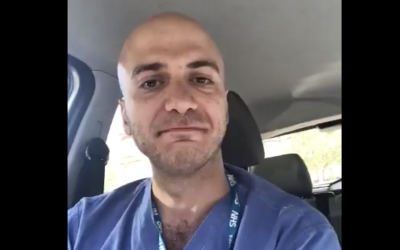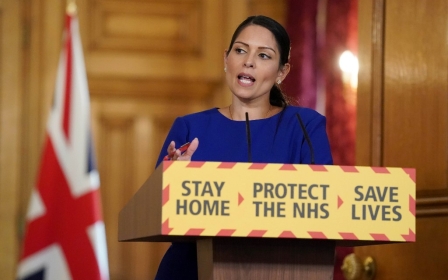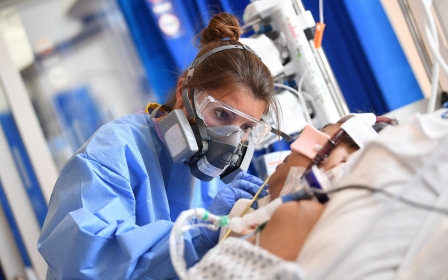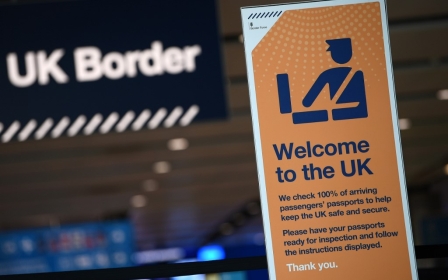UK extends NHS bereavement scheme after emotional plea from Syrian refugee
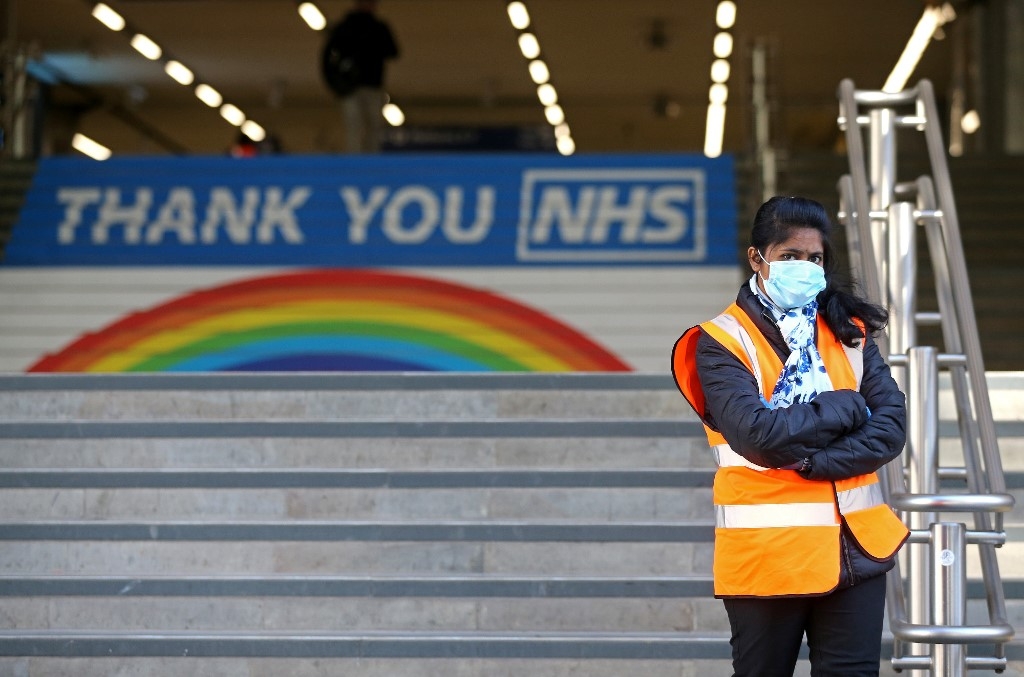
The British government has reversed a decision to exclude low-wage foreign workers from a bereavement scheme after a Syrian refugee working at a London hospital begged Prime Minister Boris Johnson to reconsider.
Hassan Akkad, a 32-year old refugee who won BAFTA and International Emmy awards for documenting his journey from Turkey into Europe, released an emotional video on Wednesday after learning that the families of migrant NHS cleaners, porters and social care workers wouldn't qualify for indefinite leave to remain in the UK if they were to die fighting Covid-19.
"So if I die fighting coronavirus my partner isn't allowed an indefinite leave to remain. This is your way of saying thank you to us?" he said.
The scheme was announced last week and offered families and dependants of migrant NHS support staff who die after contracting the coronavirus indefinite leave to remain in the UK, but it excluded low-wage workers.
The announcement triggered outrage because it only applied to certain occupations in the system, including nurses, biochemists and radiographers.
New MEE newsletter: Jerusalem Dispatch
Sign up to get the latest insights and analysis on Israel-Palestine, alongside Turkey Unpacked and other MEE newsletters
Shortly after posting the video, which has received more than 4 million views, the UK government announced it was backtracking on the controversial decision.
Priti Patel, secretary of state for the Home Department, announced that the scheme would be extended to cover cleaners, porters and other low-paid roles, effective immediately and retrospectively.
"Every death in this crisis is a tragedy, and sadly some NHS support staff and social care workers have made the ultimate sacrifice in the pursuit of saving the lives of others," she said. "Today we are extending the scheme to NHS support staff and social care workers."
Still, Johnson has rejected calls from the Labour Party to scrap fees that foreign NHS workers must pay to use the health service.
The health immigration surcharge on non-European Union migrants is £400 ($489) per year and is set to rise to £624 in October.
The surcharge applies to all overseas residents studying and working in the UK, including NHS staff, and their entire families. This means that a family of four will have to pay £2,496 a year to access the health system, in addition to paying existing taxes and national insurance.
Akkad, who has been living in the UK for four years, took a cleaning job at Whipps Cross Hospital in March to help combat the spread of the disease.
He previously told Reuters that he took the hospital job to thank the community that had welcomed him and described it as one of the toughest challenges of his life.
Middle East Eye delivers independent and unrivalled coverage and analysis of the Middle East, North Africa and beyond. To learn more about republishing this content and the associated fees, please fill out this form. More about MEE can be found here.


